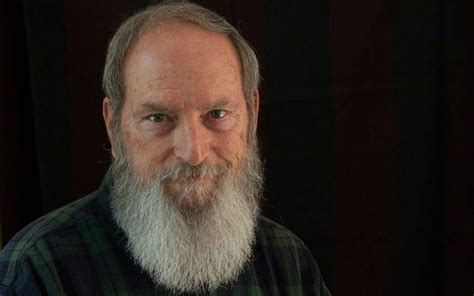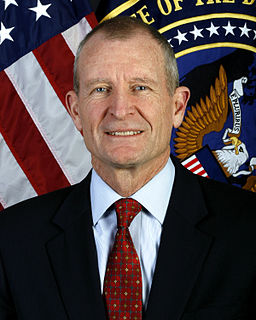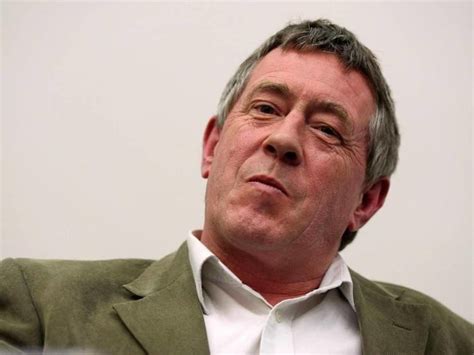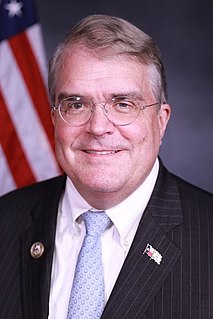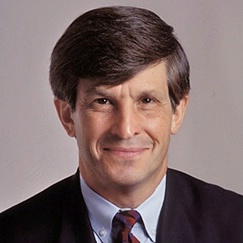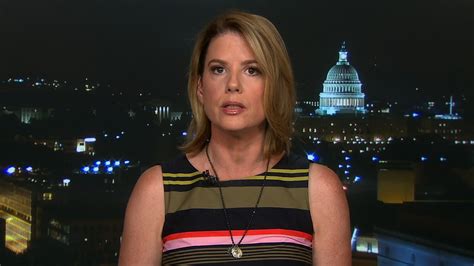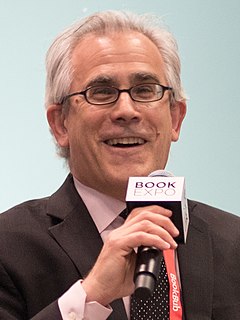A Quote by David K. Shipler
Affairs of state tend to drive most presidents toward the center on both foreign and domestic policy, no matter where on the political spectrum they begin, and especially so in the areas of intelligence and law enforcement.
Related Quotes
I feel that my role as a former president is probably superior to that of other presidents. Primarily because of the activism and the injection of working at the Carter Center, and in international affairs, and to some degree, domestic affairs, on energy conservation, on environment, and things of that kind.
This is the problem with foreign policy - talking about foreign policy in a political context. Politics is binary. People win and lose elections. Legislation passes or doesn't pass. And in foreign policy often what you're doing is nuance and you're trying to prevent something worse from happening. It doesn't translate well into a political environment.
